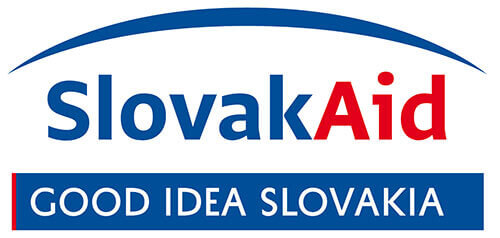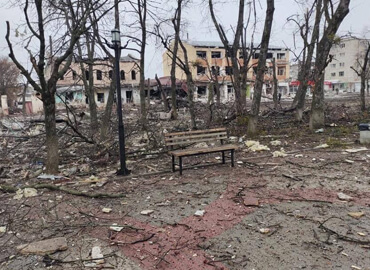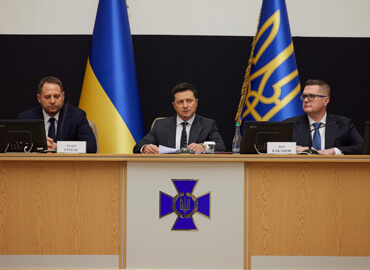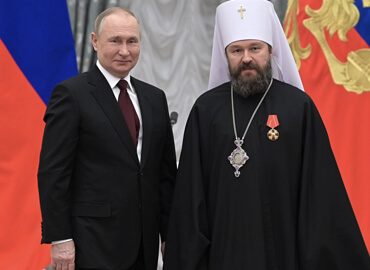During the 2020 election campaign, the ruling regime in Belarus realized, albeit belatedly, that the most important election campaigning, in addition to informing the population on current events, takes place over the internet, particularly through social networks. During the first three days of the protest on August 9-11, 2020, the authorities shut down the internet and blocked access to several key portals to prevent information being sent and self-organization and mobilization among the protesters.
When the internet had to be put back up to avoid continuing to be responsible for the huge financial losses of the Hi-Tech Park and other important businesses and activities, the authorities launched a flywheel of repression against online activists, bloggers, and influencers (opinion leaders), many of whom are still being prosecuted.
Preventative legislative measures
The Law on Mass Media in Belarus does not provide for special treatment of independent blogs, as is customary in developed democracies, and equates internet resources that disseminate information with traditional mass media that must be registered. The legislation also imposes several limiting obligations on internet resources and their owners. And the new version of the Media Law has taken on an even tougher form, which was also noted by the Organization for Security and Cooperation in Europe in its analysis of the new Media Law.
In addition, several more laws are applied to repressions against independent internet resources, bloggers, and the media, which were updated in 2021. Foremost among them are the Law on Counteracting Extremism, which was updated in May 2021, and the Law on Preventing the Rehabilitation of Nazism, adopted in May 2021, owing to which it will be easier for the authorities to prosecute even visual materials and white-red-white symbols which were allegedly used in Belarus during the Second World War.
Currently, the Belarusian authorities classify several popular media resources and 7 of 10 most popular Telegram channels as extremist resources, many of which are run by online activists and bloggers, along with more than 300 local and small independent Telegram channels and Telegram chats.
Independent bloggers’ trials
The state began the hunt for independent bloggers at the very beginning of the 2020 presidential campaign. Sergei Tikhanovsky, the author of the popular YouTube channel «Country for Life,» was detained even before registering as a presidential candidate. When his wife Svetlana Tikhanovskaya, now a well-known leader of the Belarusian democratic opposition, registered in his place, Sergei, who was leading her election campaign, was detained again in May 2020, this time for allegedly violent actions against police officers.
Gradually, to the case against Sergei Tikhanovsky were added new participants, including well-known bloggers such as the creators of the «RB golovnogo mozga» channel Igor Losik and the MozgON channel Vladimir Tsyganovich, who were detained in June 2020. The verdict in their case will be announced on December 14, 2021.
Another well-known Belarusian blogger and activist, Eduard Palchis, has been in custody since September 2020. His trial began on December 6, 2021, and his charges are like those as in the case of Sergei Tikhanovsky – inciting social hatred, organizing mass riots, and several other charges. In both cases, the bloggers face more than 10 years in prison. Other well-known bloggers, for example, Alexander Kabanov and Sergei Petrukhin, were already convicted by the Belarusian authorities in April 2021 and sentenced to three years in prison.
The most publicized arrest of a Belarusian online activist that received an international response was the arrest of Roman Protasevich on May 23, 2021, after the plane on which he traveled from Athens to Vilnius was forced to land in Minsk. Roman Protasevich was the author of the channel «RB golovnogo mozga» and was previously the editor of the most popular Telegram channel NEXTA, which he created together with Stepan Putilo, who was also put on the criminal wanted list in Belarus. Roman’s girlfriend Sophia Sapieha, who also faces 6 years in prison, allegedly for administering the «Black Book of Belarus» channel, was also detained. The fate of Protasevich is somewhat different from that of other detained and convicted internet activists. Roman gave an interview to Belarus state television channels, where viewers noted marks on the blogger’s wrists, which may have indicated signs of torture. After that, Protasevich attended a briefing by the Belarusian Foreign Ministry where he maintained he was not tortured. Later, he opened a new Twitter account, which has no posts after August 18, 2021, and a new project announced by Roman over Telegram ends with a post from September 9, 2021.
Failed attempts to create pro-government online activists
At the beginning of 2021, the Belarusian authorities developed another idea of how to resist the popularity of independent bloggers, internet activists, and opinion leaders – to offer their own that were loyal to the authorities and whose united views and values were like those preached by the Belarusian regime.
Back in 2020, some influencers actively wrote about their rejection of protest ideology against the results of the 2020 presidential elections and expressed loyalty and love for the existing Belarusian government. Still, they did not become very popular. In April 2021, blogger Stanislav Yaskevich announced the possible creation of the Union of Bloggers of Belarus in the near future, thus uniting «patriotic bloggers.» Pro-government-minded internet activists also met at the Round Table of Democratic Forces, created in June 2021 by the notorious Yuri Voskresensky, who once worked at the headquarters of the now convicted presidential candidate Viktor Babariko.
Already in July 2021, the Union of Bloggers of Belarus announced the creation of its blogging school in July 2021, and disseminated this across primary social networks. However, especially in comparison with the accounts of democratic Belarusian leaders, the channel’s resources and personal pages of the members of this Union are not gaining many views or seeing much activity, despite the creation of media incentives, such as the exclusion of certain bloggers from this union.
It can be expected that such attempts to create pro-government bloggers will resume, but it is highly unlikely that they will be able to compete with the Belarusian democratic internet community. Indirectly, this means that r to fight alternative opinion leaders on the internet, the Belarusian regime will continue to resort to well-known methods of intimidation and prosecution of all dissent.

Материал доступен на русском языке: Как беларусские власти воюют с интернет-активистами











